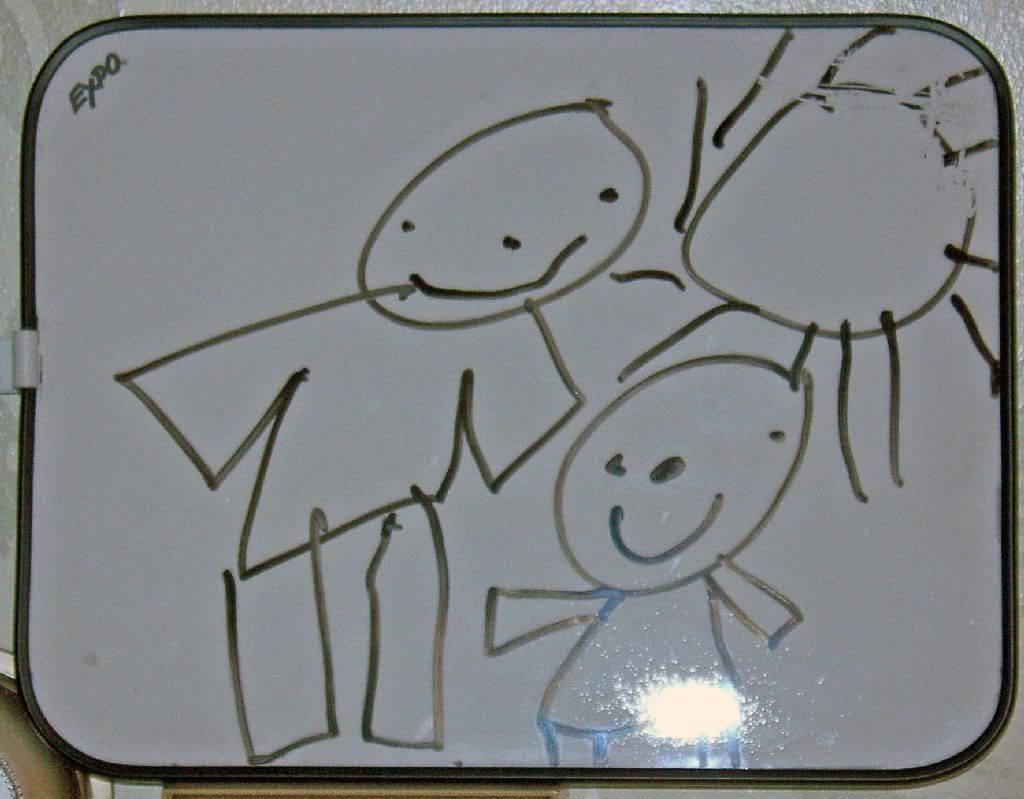My wife, child, and myself were raised Roman Catholic. Prior to separation, my wife removed our son and herself from the Catholic Faith and joined the Lutheran Faith. I assume her new faith is more tolerant of divorce, although I doubt any religion would condone her family destructive behavior.
During this Lenten season, I am participating in a St. Ignatian Retreat. St. Ignatius of Loyola was the founder of the Jesuit Order and developed a group of spiritual exercises that help the participant establish a closer relationship with God and to see his works on Earth.
This was very attractive to me during this terrible time of stress. It is so easy to overlook good, when you are surrounded by, even drowning in, pure evil. This can easily lead to a downward spiral of hopelessness to what St. Ignatius calls Hard Spiritual Desolation (part of this week's spiritual exercise).
I once told a lawyer that I had nothing but contempt and disdain for their godless, unethical, deceptive (family law) profession. The comment went over their head. But I was quite serious.
Mark E. Thibodeaux, S.J. in his book "Armchair Mystic" identifies four stages of prayer. I'm guessing that many of us are only aware of two stages. He introduces his book with a wonderful and relevant quote:
"Each Christian needs
half an hour of prayer each day,
except when we are busy...
then we need an hour."
- Saint Francis de Sales
The author makes a point that moving from one stage to the next does not make the prior stages obsolete. All stages have their place and relevance.
- Stage I - Talking at God - Ready made Prayers
- Stage II - Talking to God - Extemporaneous Prayer
- Stage III - Listening to God - Meditative Prayer
- Stage IV - Being with God - Contemplative Prayer


3 comments:
St. Ignatius of Loyola founded the Jesuit order in the 1500s. He was in the military in his early adulthood and was severely injured. During his recovery he asked for adventure novels to read to pass the time. All that was available was "The Life of the Saints" and "The Life of Christ" it was at this time that he was converted. During the next dozen years, he attracted followers who were taught spiritual exercises he developed with the aim of seeing God in all good things on Earth and the enduring joy in God's grace verses the fleeting joy of Earthly things.
A religious retreat is a time of intense reflection on your faith. Often times they are for a weekend, at a retreat house with a common focus, marriage preparation, or healing, or strengthening of faith, etc. For the Jesuit monks it is 30 days of isolation in prayer for 5-6 hours per day. These days few can afford that commitment. So a revised commitment of 32 weekends of activity was developed. Our local Jesuit Retreat House has developed a nine week program of daily prayer and readings with weekly group reflection and teaching to make the benefits of St. Ignatius' spiritual exercises more accessible.
John, I have great respect for your beliefs.
I have gone on yoga weekend retreats, and they were also very spiritually satisfying.
Buddhism is also a belief system which is tolerant of all other beliefs or religions. Buddhism agrees with the moral teachings of other religions. Buddhism provides a long term purpose within our existence, through wisdom and true understanding. Real Buddhism is very tolerant and not concerned with labels like 'Christian', 'Moslem', 'Hindu' or 'Buddhist'; that is why there have never been any wars fought in the name of Buddhism.
Some people see buddhism, and The Tao as religions, I don't .....I see them as philosophy. Great wisdom.
St. Ignatius sounds like he was very zen grounded!
I debated for a while if I should post this topic on the Blog. But felt that spiritual health is an important component to one's overall wellbeing, especially during stressful times.
I was also hoping that others would add their own particular advice or feelings.
Thanks, jd for starting that discussion. It is interesting you mention philosophy, a closely related and important area as well.
While the Catholic religion may have been known for its firm dogma, I personally respect and have embraced the positive thoughts of other teachings. I have followed some of the history of the Dali Lama, and one can only have respect for such a learned and peacefully holy man. In fact, right now, as I compose this, I am watching Shalom in the home, and clearly the Rabbi Shmuley is a person of wisdom and good. Catholic scholars actually do recognize, with gratitude, their Jewish roots.
I became aware of religious intolerance years ago (way before 9/11) when I hired a practicing Muslim and how others reacted to his calls to prayer. No one minded their own calls to cigarette breaks, but they treated him as someone odd. I had to expend a large amount of energy to defend him from people's poor treatment of him. A lesson in hypocrisy for sure.
Post a Comment